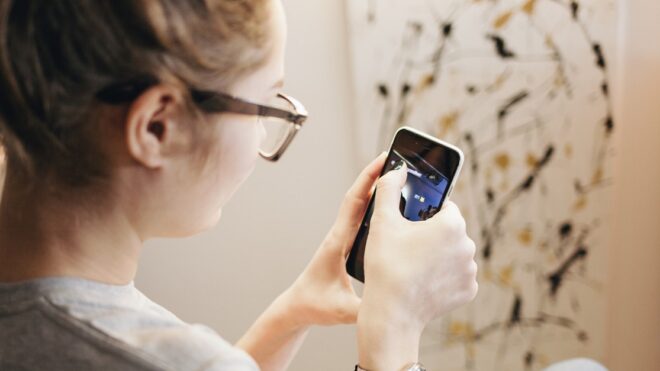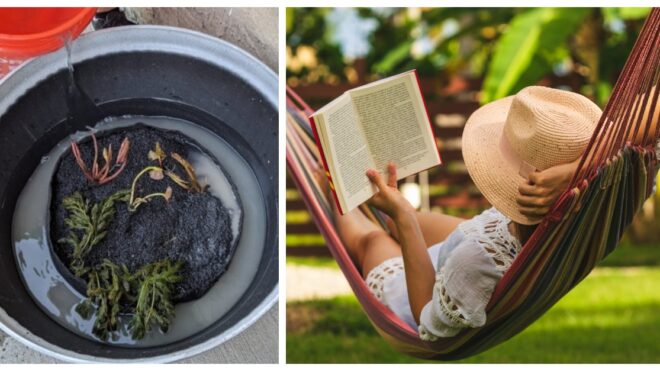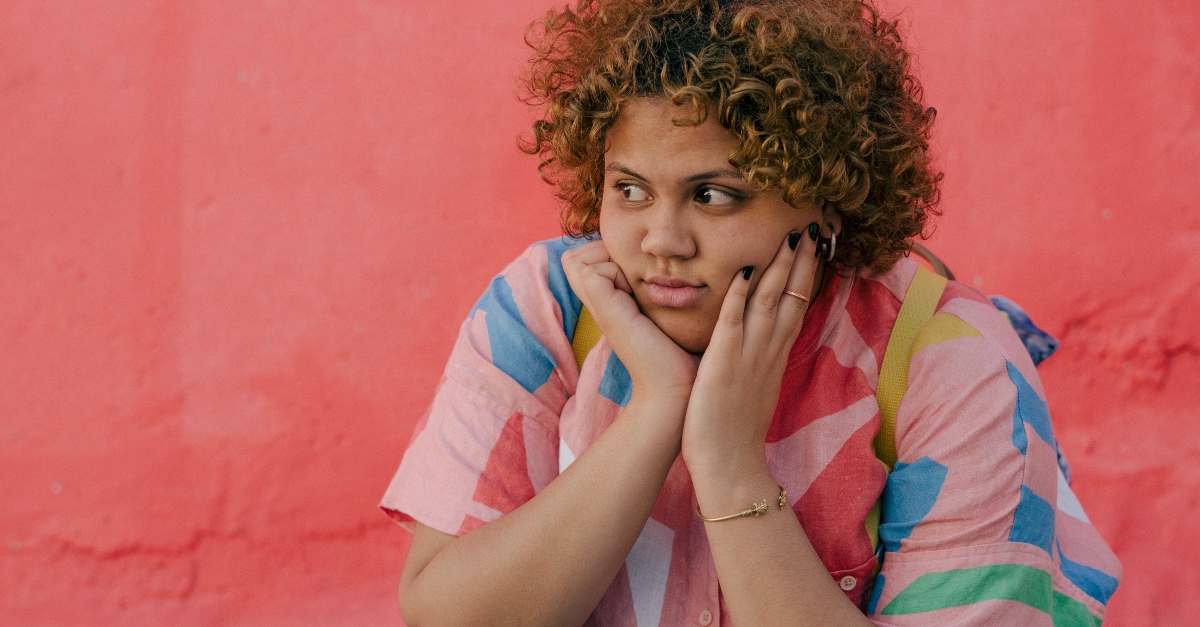
Now that we are several months into this thing we now begrudgingly refer to as "the new normal," it's time to take stock of where we are. A lot of us have new patterns, new knowledge, and perhaps even new beliefs about what does and does not work for ourselves, our families, and our children. And as we funny humans are wont to do, plenty of us are taking those beliefs and directly applying them to pretty much everyone we know, including our fellow parents.
As we creep closer to the day when schools across the United States will reopen, a lot of parents are feeling it. You know: that creeping sensation of bile rising, slowly and steadily up your throat. The headache that starts behind your ears and then migrates to your forehead before threatening to split the crown of your head. That overwhelming feeling of straight-up panic, that you're doing something wrong, that your friend is doing something wrong, that your city, your county, your state, your country — it's just all wrong.
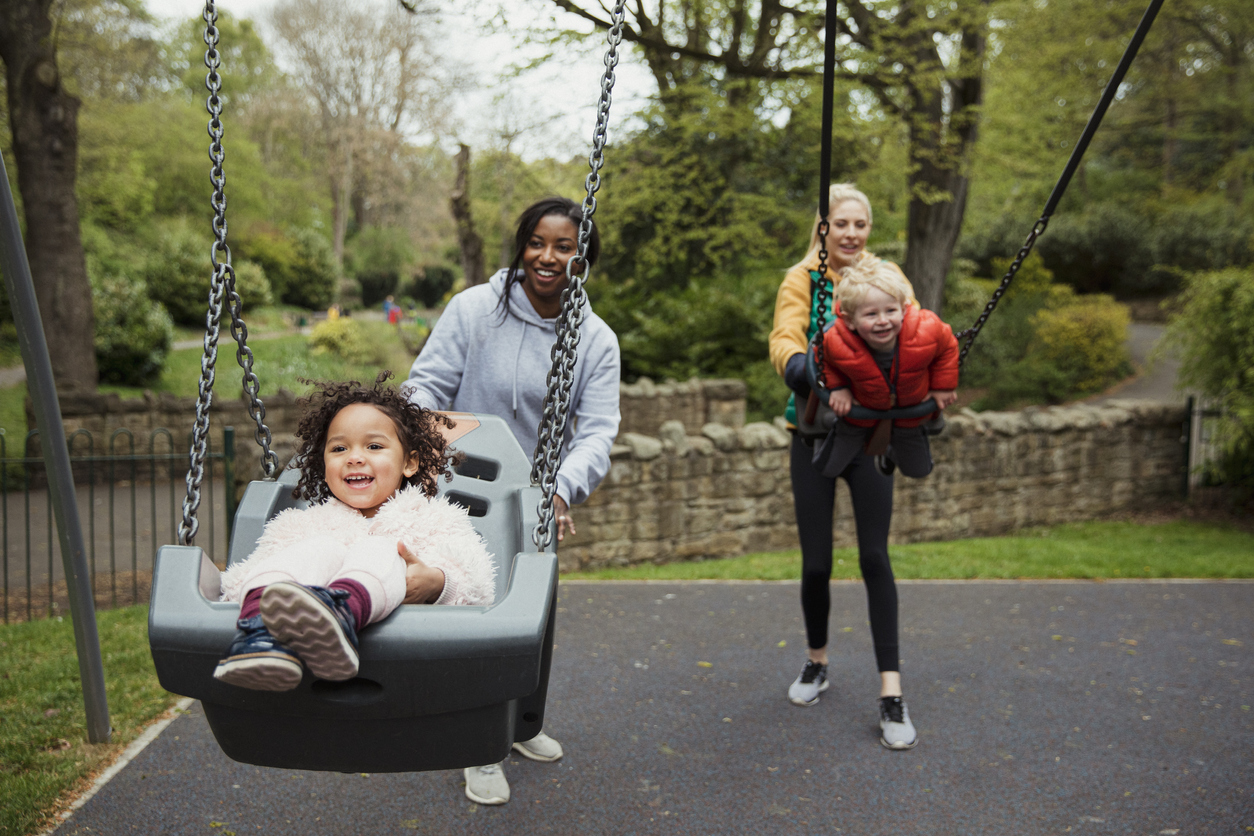
People deal with these kinds of feelings in different ways. Unfortunately, nearly all of those ways manifest in behaviors that demonstrate we are each focused on ourselves and our children first. In and of itself, that's OK — it makes sense. We all want our kids to be happy and healthy, whatever that looks like to each of us. But, increasingly, it feels like our relationships with other parents are being threatened; I know that in my experience, it often feels that if I disagree with another parent about their own plans, they want to convince me that I am the one who is wrong. In reality, we are both just doing what we think is best for our families.
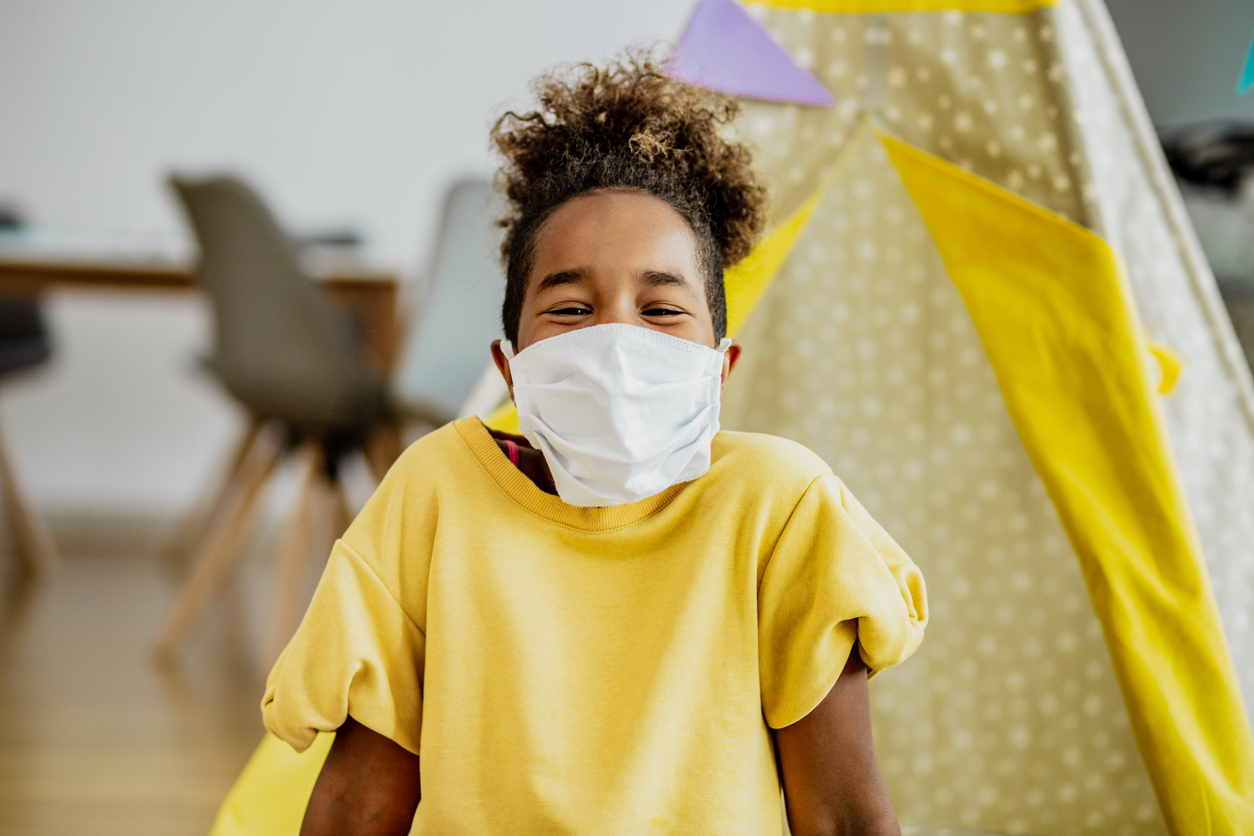
At times, this can feel like intentional gaslighting. I often feel that other parents expect me to change my own family's patterns and virus responses to align with their own. When I opt not to, it feels like some of those parents push back and even try to make me change my mind or question my choices; as a friend put it, it's remarkable how many people seem to believe that boundaries are only a one-way thing.
Your rules are your rules, and that is OK.
Here's what I'm going to say to my fellow parents: Whatever your rules are during this truly unprecedented time, your rules are your rules, and that is OK. We might have different rules; in fact, I assume that many of us do. Much as my parent friends and I have different rules about screen time and vaccines, about what we eat and what we don't, and about what television is appropriate and what is not, we're all going to have different rules about what we are and are not doing in this current period of life.
What is not OK is when a parent takes their family's rules and tries to directly apply them to the lives of other people they know. It doesn't matter if your child misses seeing his or her friends. It doesn't matter if you think this whole virus is way overblown. It doesn't matter if you are keeping your child home 24/7 and wearing masks whenever you go anywhere. The choices you have made for your family are only for your family. What does matter is that you honor and respect the choices other families have made for their families without trying to guilt-trip another parent, without trying to make another parent feel like they should change their minds.
"Man, I'm so proud of you! I know it wasn't easy making that decision!"
One of my favorite memes from this moment in time (and there are so many good ones right now!) is about sending kids back to school (or not). Here's how it goes:
“Let’s begin practicing this right now…
When a friend says they are sending their kids back to school/they are doing virtual learning/they are homeschooling their kids, you say…
'Man, I'm so proud of you! I know it wasn't easy making that decision!'"
This philosophy can be applied to nearly every decision parents are having to make about what to do with their children right now. If a family tells you that they are staying strictly locked down and only leaving their home to go to the grocery store and work, don't ask if your children can come over and play if you're not doing the same thing. If a family tells you that their kids are going back to school and they aren't wearing masks, don't invite yourself over if you're not OK with that.
Accept that this is a weird time for everyone who is living through it. We all like to believe we control things about our lives, but this is truly out of our control.
What to say to other parents instead
I have often found myself having to stop my tongue from flying or my fingers from typing a response to a parent who is, with or without realizing it, brazenly, repeatedly ignoring my family's clearly communicated boundaries, or who is trying to find a way to work around them. It is so easy to just give in, to be frustrated, and to start drama.
Instead, I'm pausing. Those three seconds where I pause and remind myself to clearly state my family's boundaries, again, are usually all I need to settle down. I have received a few different responses that have been extra challenging to deal with, and I'll share how I've responded in case it could help someone else who is struggling.
"My kid just really misses your kid right now."
This is the response that I receive the most often, and I get it. It is tough out there for children. I have an only child! He's amazing at playing on his own and has been his entire life, but if you think that he doesn't miss seeing other people his age, you're mistaken.
My child would love to play with his friends right now, but his dad and I don't think it's a safe move. Virus cases in our county are still surging, and fully 20% of the people who have the virus in our county are kids between the ages of 1 and 18. We don't know what the long-term effects of the virus are, and the risk just isn't worth it to us. That's our stance. That's what we have decided.
When I get this response from well-meaning people who are also just concerned about their own children and their needs, I usually keep it simple. Something like, "I get it. [My kid] would love to spend time with yours, but right now we just aren't comfortable with that level of interaction."
I haven't had anyone push back on that particular response, but the next one … oh, boy.
"My kid really wants to go back to [pre-virus activity], so they're going to."
Obviously, my family is taking a more conservative approach to how we are responding to the virus. So when other families have asked if we are returning to a specific activity or class and I've said no, I sometimes am told they don't want to but their child really does, so they are.
At first, I was tempted to respond in a different way — one that highlighted my personal thoughts about whether or not children are capable of making a decision like this. However, upon reflection, I realized that this could be interpreted as questioning the parenting of someone I know and like, and that few (if any) parents ever really respond warmly to that.
Instead, I've just noted something along the lines of, "Yeah, it's a tough decision. It's definitely one to make as a family."
"What about in a few months?"
Another question that is big in my friend circles is always about the future, down the road, in a magical world where this is all over (Will it happen? Maybe!). Many, many people have asked me if we will change our stance in a few weeks or months. It's a tough question to answer because it's based on a future no one can predict.
Instead of just offering a vague positive answer, I've had great success with just replying, "You know, I have no idea. We are still doing what we were doing in March. If something changes locally, we will adjust our plan based on that." You can really leave it at that! It's vague enough that it can encompass any number of virus responses, but specific enough that it communicates that you have no idea, so could we please move on.
Parents have been left in the cold.
All the conversations surrounding returning to school (or not) in the United States have exhausted pretty much every parent I know. What we have learned, and I think what most of us can agree on, is that without a unifying national plan, parents (and teachers, and schools) have been left in the cold, forced to decide what makes the most sense, what's safe.
I don't know about you guys, but I'm definitely not a disease expert. I had never heard of an epidemiologist until this year, and the constant barrage of articles about what the virus does and does not do to each of us has exhausted me.
What would be amazing right now is if parents could collectively decide that we're all a little tired of being pitted against one another — that we will really only get through this if we acknowledge that we have different comfort levels and responses and that it's OK to disagree.
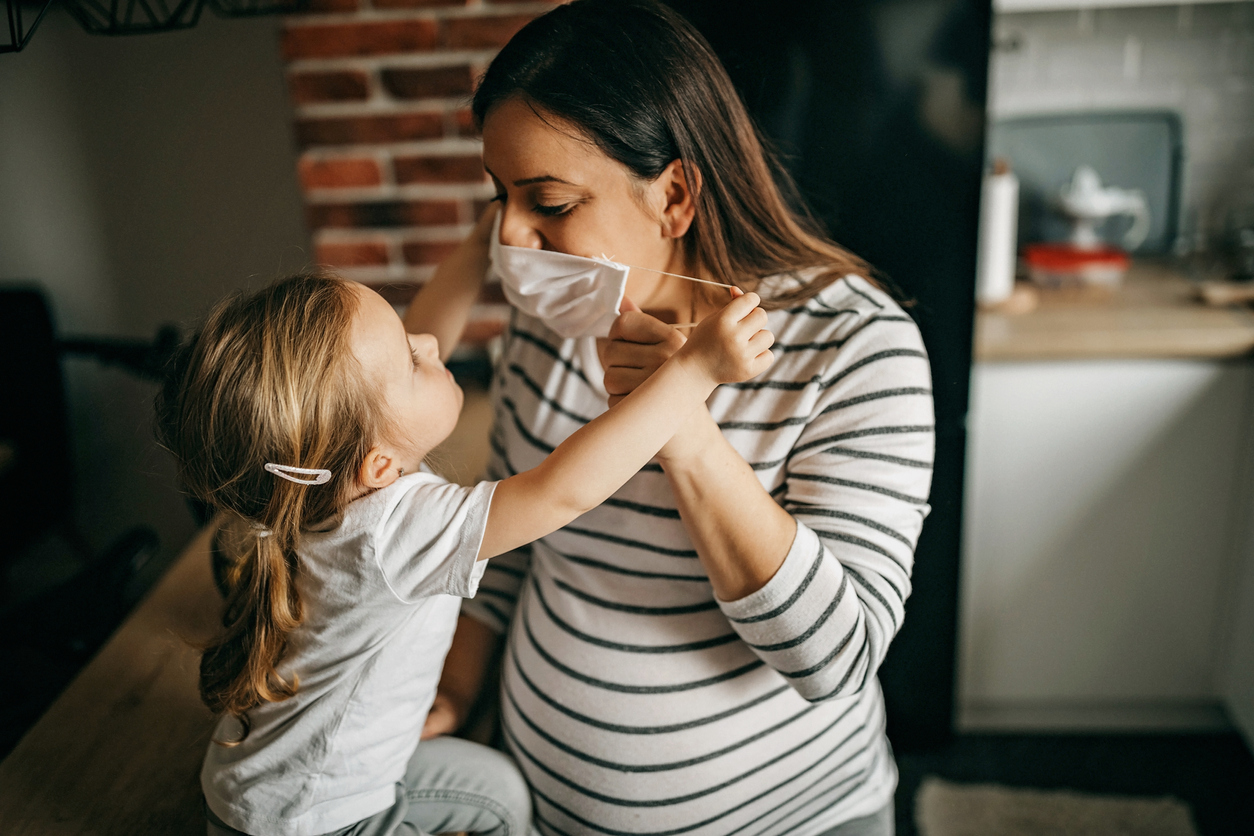
If we could stop trying to change one another's minds (when does that … work?) and just get on board with acknowledging that people will do this differently (for better or for worse), we might just figure out a way to make this easier for all of us.


